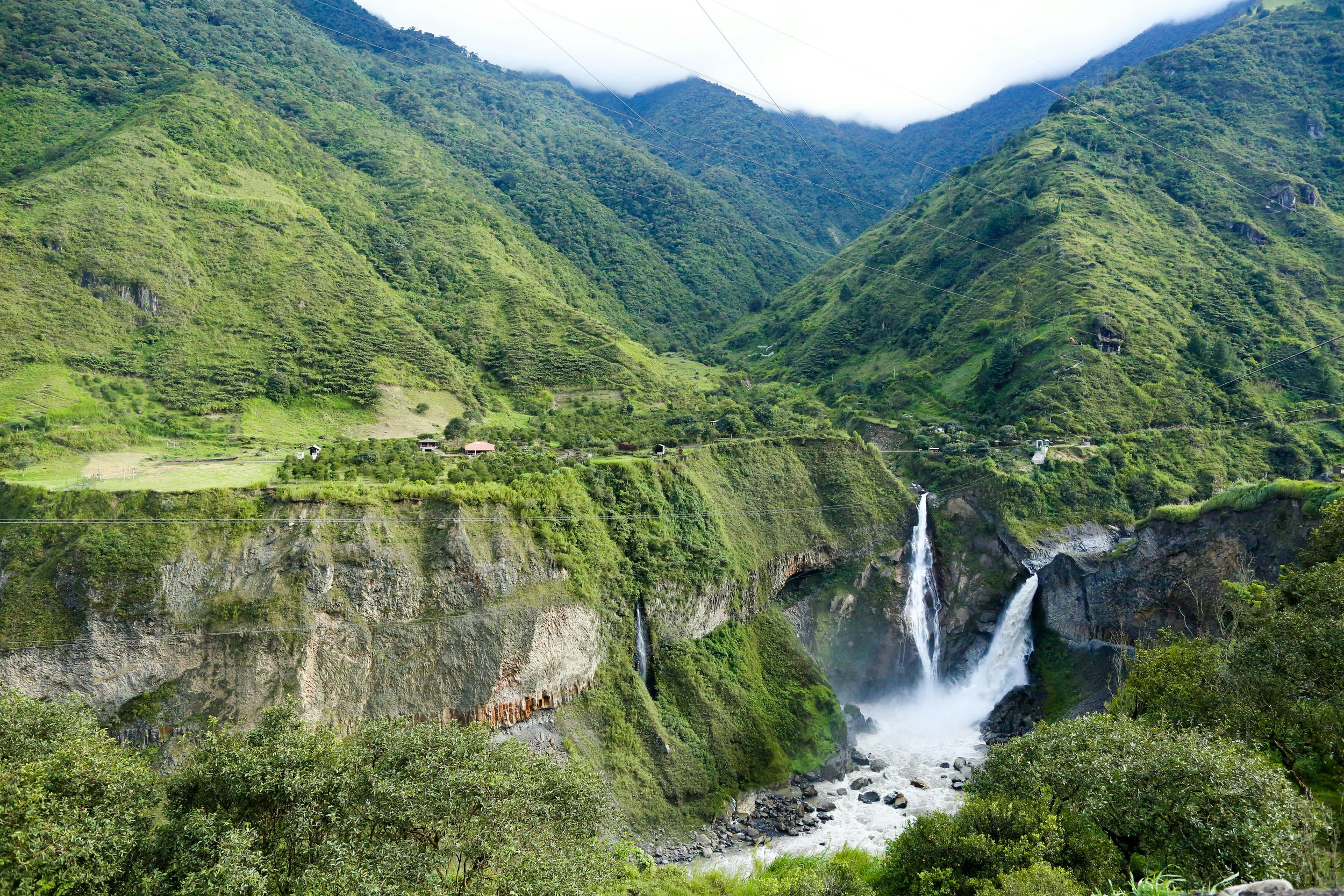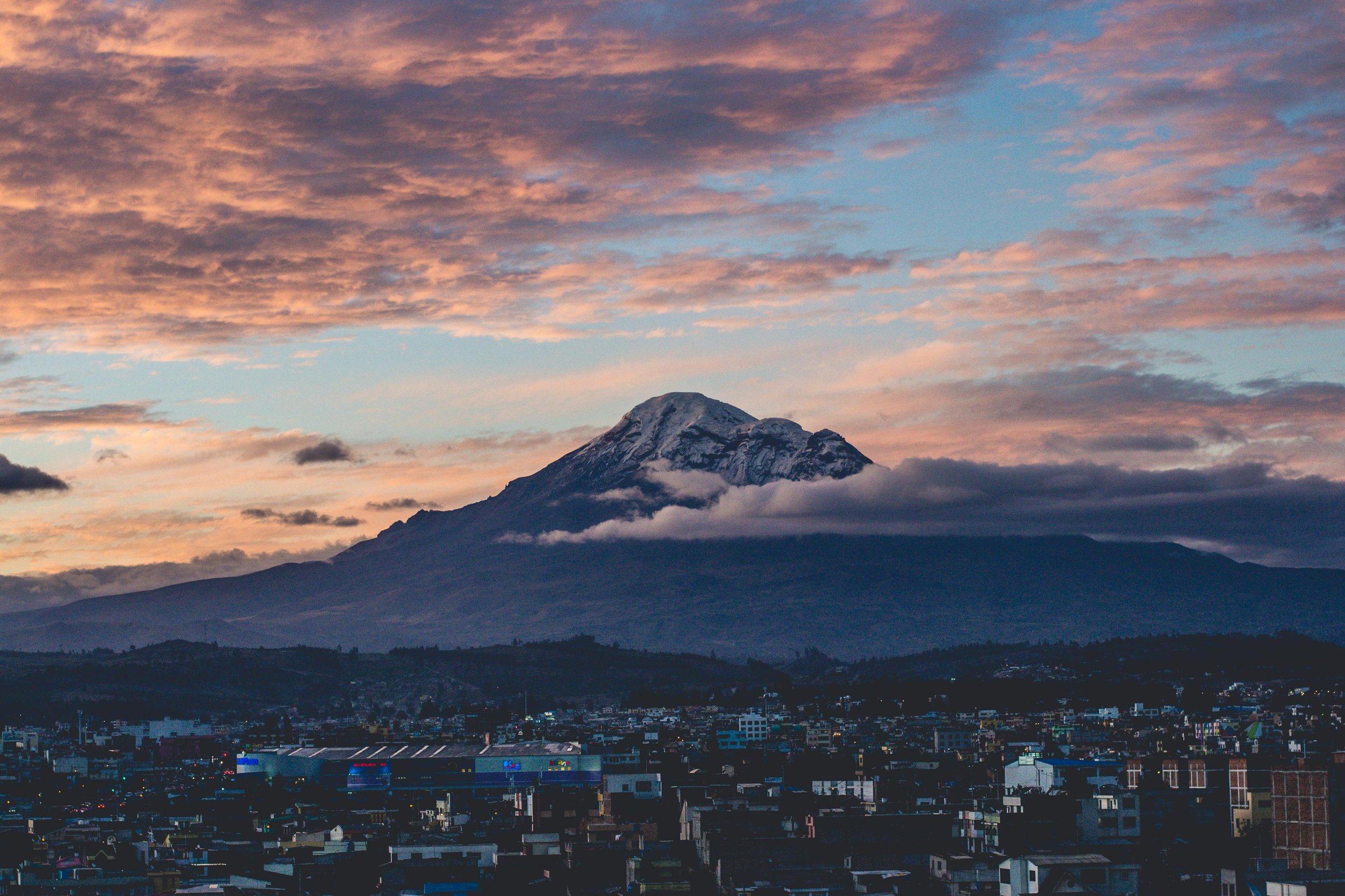Rights of Nature in Ecuador
Learn more about the rights of nature - los derechos de la naturaleza - as well as CDER’s involvement with enforcing and implementing these rights.
Our work in Ecuador begins in 2008, with Ecuador becoming the first nation in the world to recognize the rights of nature in its national constitution. CDER’s founders met with delegates to Ecuador’s Constituent Assembly to focus on the rights of nature – or Pacha Mama - and the need to do something different to protect the fragile, remarkable ecosystems and species of Ecuador. After ratifying its new constitution, in 2008, Ecuador secured the landmark role of being the first country in the world to recognize that nature itself possesses constitutional rights.
Below you will find some examples of our important, ongoing work in Ecuador.
National Assembly in Ecuador
CDER submitted input to the Biodiversity Commission of Ecuador’s National Assembly regarding legislative reform of the Organic Code of the Environment (CODA), Ecuador’s primary environmental regulatory law. The Biodiversity Commission sought public input to create proposals that would enshrine, strengthen, and implement rights of nature protection. A number of CDER’s inputs were included in the Commission’s report, which is now being proposed to the full National Assembly for its consideration. Take a look at our press release on Ecuador.
Our submissions to the National Assembly can be found here, in both English and Espanol.

Amicus Brief in Rio Piatua Case
CDER submitted an amicus curiae brief in the Río Piatúa case before Ecuador’s Constitutional Court.
In its brief, CDER recommends a prohibition on hydroelectric projects in fragile river ecosystems and in the habitat of at-risk species, in order to guarantee the constitutional rights of nature. Take a look at our press release on Rio Piatua Amicus Brief.
The Rio Piatua Amicus Brief can be found here.
Rights of Nature in Ecuador: Webinar
The Center for Democratic and Environmental Rights presented a webinar in June 2020 as part of our Global Developments in Rights of Nature webinar series. Our presenter, attorney Hugo Echeverria, is based in Quito. He presented on recent developments in Ecuador, with the Rights of Nature constitutional provisions, recent court cases, and future steps for implementation. Watch the recording.

Los Cedros Case
Los Cedros is a place of significant biodiversity and fragile ecosystems, including humid forests of Chocó, the tropical Andes mountain range, and a cloud forest. This is a central case in the Ecuadorian Constitutional Court’s focus on providing necessary content to the rights of nature in the national constitution. Attorney Hugo Echeverria represented CDER in live testimony before the Constitutional Court, and CDER submitted its amicus brief to the Court in November 2020. Read the Los Cedros verdict.
The Amicus Brief on Los Cedros can be found here, in both English and Espanol.
Ecuador Constitution
In 2008, Ecuador ratified a new national constitution. Article 71 of the Constitution states: “Nature, or Pacha Mama, where life is reproduced and occurs, has the right to integral respect for its existence and for the maintenance and regeneration of its life cycles, structure, functions, and evolutionary processes.” Articles 71-74 also secure the right of nature to be restored, restrict harm to species and ecosystems, and empower communities to protect and enforce nature’s rights.

Amicus Brief in the Nangaritza Case
In January 2021, the Center for Democratic and Environmental Rights submitted an amicus curiae brief in the Nangaritza River case before Ecuador’s Constitutional Court. This case is central in the focus on providing constitutional content on the rights of nature. The Nangaritza case involves 36 permits issued by Ecuador’s mining authority to conduct mining in the upper basin of the Nangaritza River. However, building upon prior work with the Los Cedros case, CDER was able to argue how the constitutional rights of nature demand a higher standard than the ones currently held within Ecuadorian environmental laws.
The Amicus Curiae Brief can be found here, in both English and Espanol.





